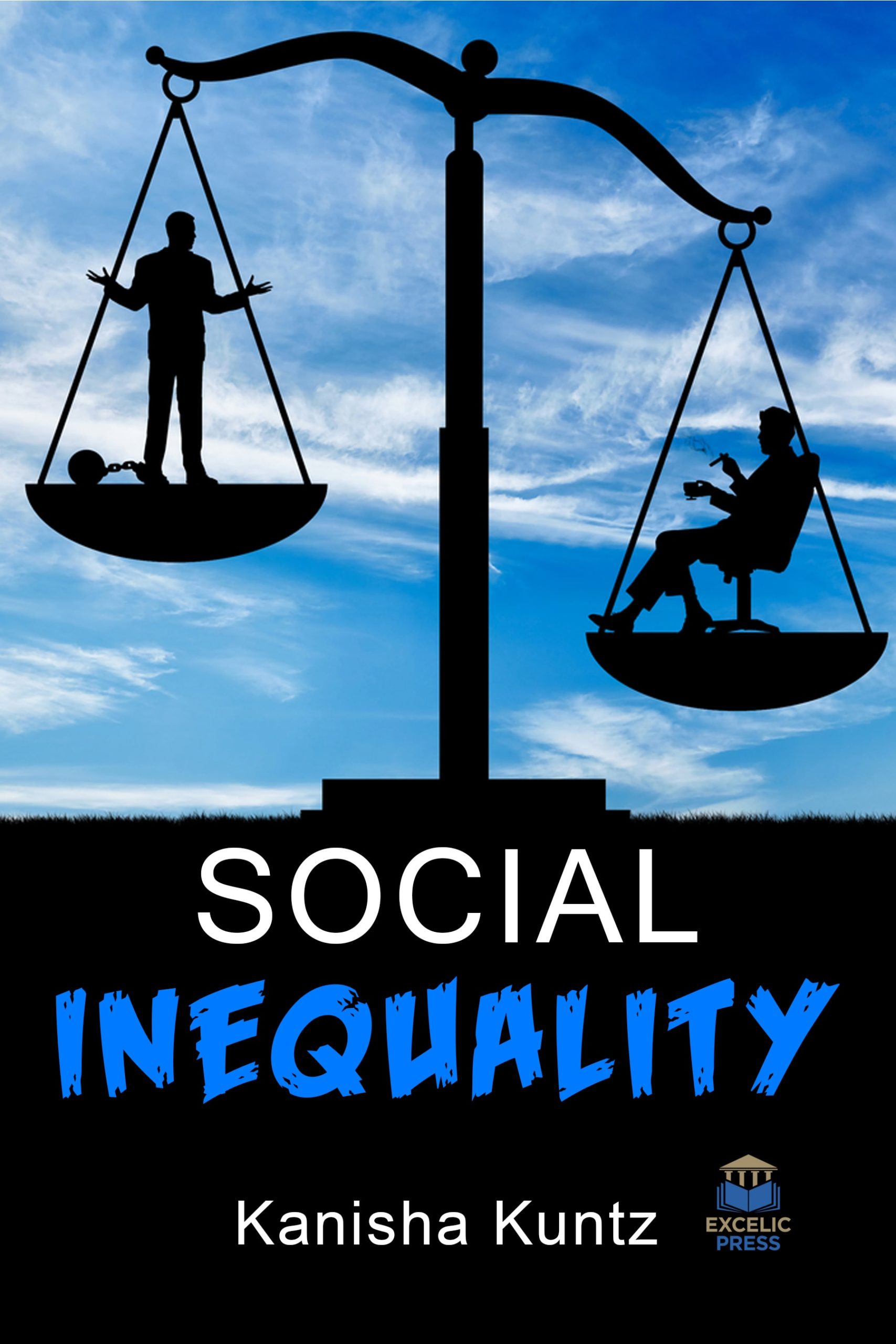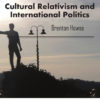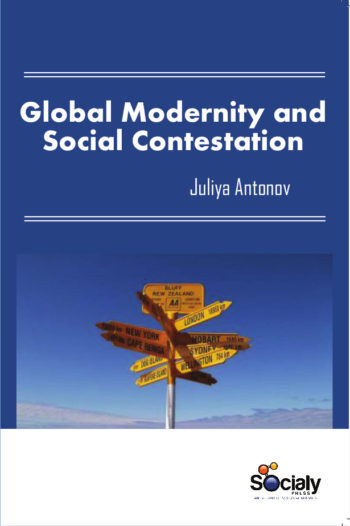The study of social inequality is and has been one of the key concerns of social scientists. Social class is as important to the understanding of late twentieth-century industrial societies as it was to their early twentieth-century counterparts. The causes and consequences of these trends in social inequality have been the subject of a large body of scholarship. Talk of inequality, particularly economic inequality, in the public sphere is commonplace in this era. Definitely, various aspects of social inequality, such as race; gender, class, sexual orientation, and immigrant status, have been the subject of protest, debate, legislation, and judicial action for much of the last century. Inequality in its various forms is often the animating force behind much of contemporary political debates and social movements.
This book covers the utmost, innovative studies on issues of social inequality from a wide-ranging diversity of theoretical and methodological perspectives. Recent studies focusing on issues of social inequality are reviewed; it is also focused to cutting edge summaries of prior research and productive exchanges that will stimulate future research on issues of social inequality. It is important to note that educational inequality—as measured by the dispersion of educational attainment— has not widened in recent decades. Some studies suggest that there is indeed a correlation between income inequality and health and social problems. Moreover, racial and gender disparities in educational outcomes have narrowed, often substantially, in the last 40 years.
Providing an in-depth comparative analysis of inequality and the stratification in this era, this book will be a timely addition for students and scholars of globalization studies, social inequality, sociology, and cultural and social anthropology.













